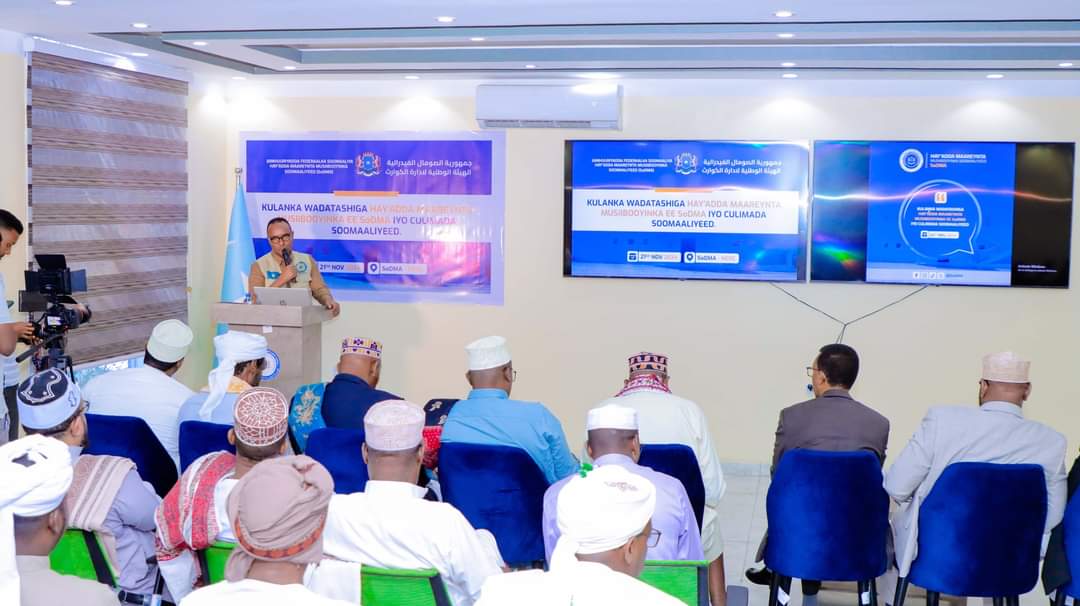The World Bank has disclosed that it was considering supporting the Nigeria Electrification Project, NEP, with another $750 million grant.
The initial $350 million NEP grant ends in August, 2023. The NEP seeks to bridge the energy access deficit by providing electricity to households, MSMEs, educational and healthcare facilities in unserved and underserved rural communities through the deployment of mini-grids, Solar Home Systems, captive power plants, and productive use appliances. The mini-grid component of the project has a $48 million allocation.
World Bank Director of Strategy and Operations, Western/Central African Region, Ms Elizabeth Huybens who disclosed this when she inspected two 60 kilowatt solar-powered mini-grids in Kilankwa I and Kilankwa II communities in Kwali LGA, Federal Capital Territory, said she was impressed by the system put in place by the project.
The mini-grids which were built under the performance-based grant of NEP were founded by the World Bank.
Ms Huybens explained that access to electricity was a priority goal for the World Bank as it was one of the fastest routes to get people out of poverty.
According to her, “These mini-grids really will help Nigeria provide access to electricity to many more people faster than it could have done with just extending the national grid. I’m very impressed that the system of mini-grids in small communities works and that there is also the foresight how one can optimize the use of the electricity generated to expand productive activities in the community like this rice mill we have just seen.
“We believe that access to electricity for all is one of the most important goals to pursue for any country because without electricity, it’s very hard to think about how communities can really live, if you don’t have electricity, kids cannot study at night. Nobody can have a refrigerator.
“We cannot move towards electric vehicles if we don’t have electricity. In fact, you cannot even charge your cell phone without electricity, right. So it’s hard for me to think about modern life without electricity. It’s hard for me to think about reducing poverty without access to electricity. And since the World Bank’s overarching goal is to help countries eradicate poverty, we need to help countries provide access to electricity to their populations
On plans to expand the project, she said: “The first Nigeria electrification project that we see at work here, which I believe was $350 million, is coming to a close and so we are preparing a successor project that will be $750 million.
“So we are definitely expanding our support to something that we think is really critical and on which, by the way, Nigeria is leading the world with this sort of small grid development”, she added.
She expressed the hope that the setting up of mini-grids across the country through the NEP would reduce the reliance of petrol-powered generators used by households and businesses, especially in the face of the recent removal of subsidies on petrol.
Giving a technical detail of the project, Managing Director of the Rural Electrification Agency, REA, Engr. Ahmad Salihijo Ahmad explained that about 300 homes and businesses are connected to the 60KW mini-grid.
“This is a performance grant-based project of the World Bank. The project is serving about 300 connections, it has been operational for some time now. So we are privileged to have come here with the director from the World Bank to see how it is performing.
“We are working on productive use and ensuring that we have energy-efficient equipment connected to the minigrid”, he stated.









